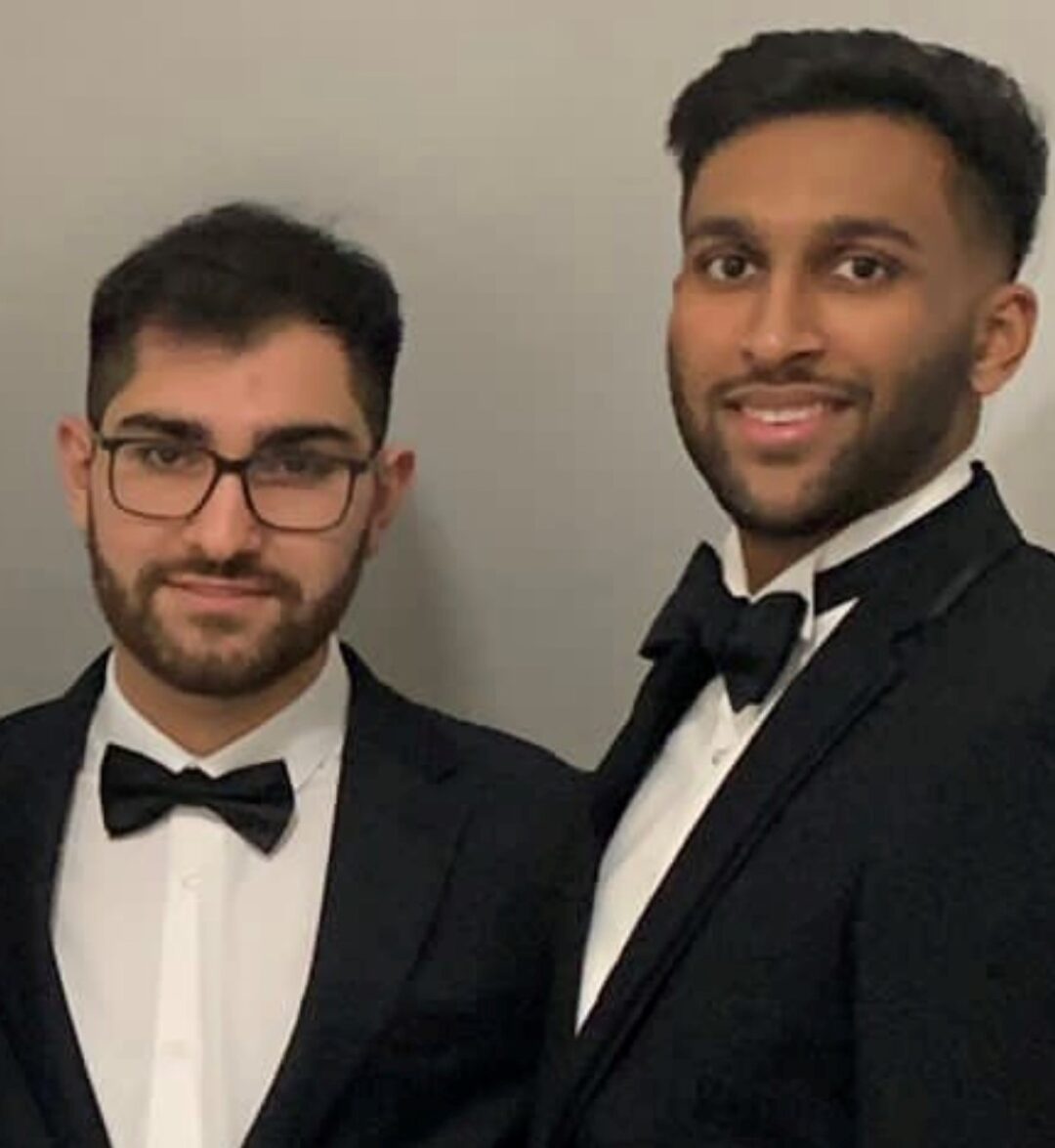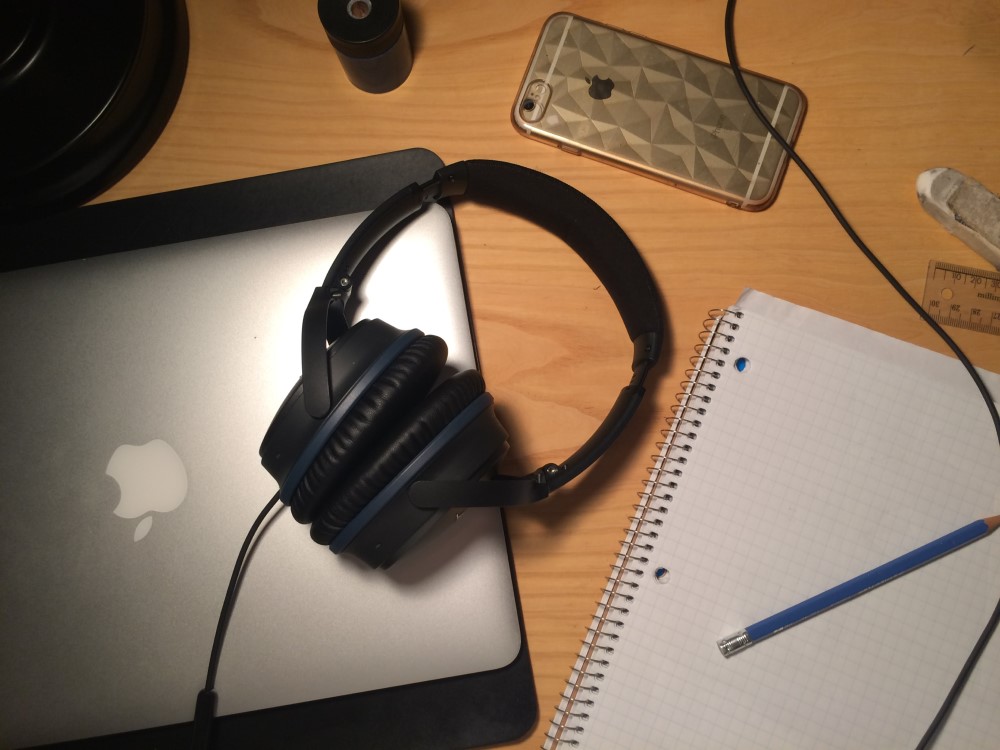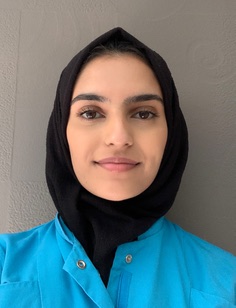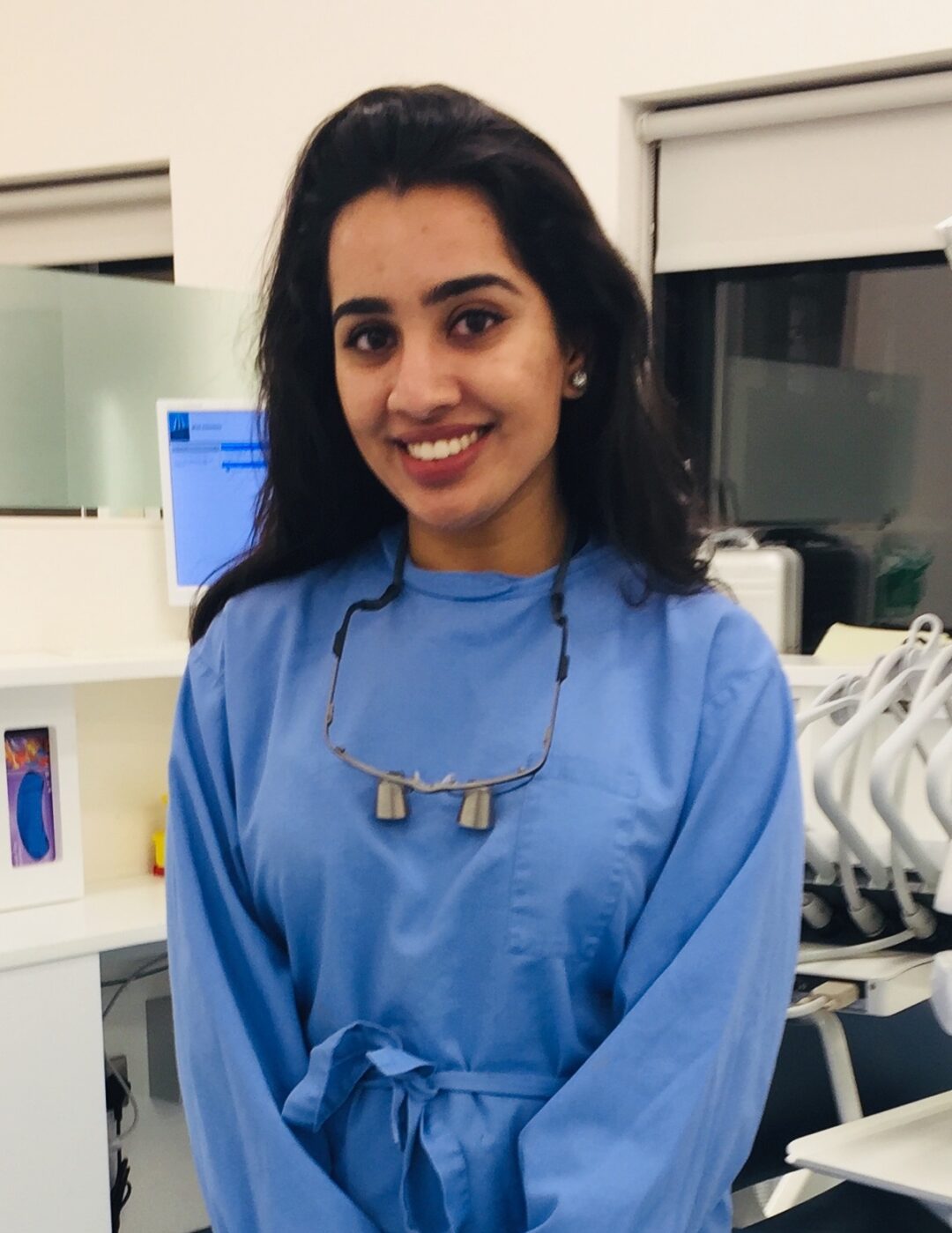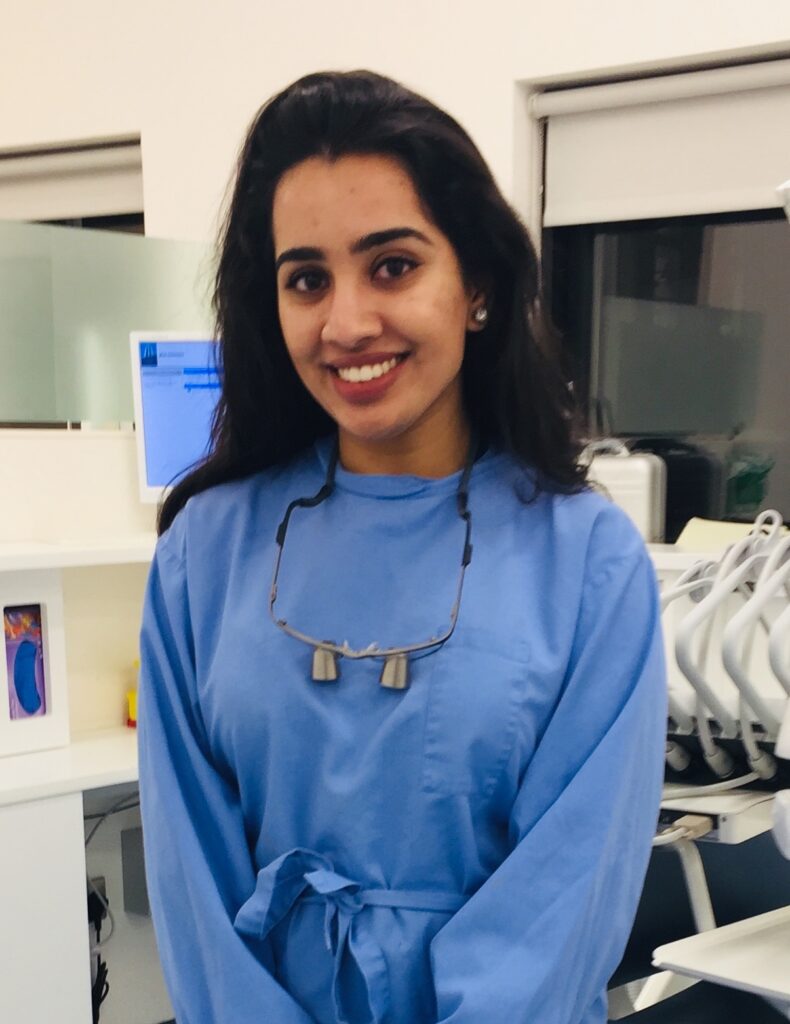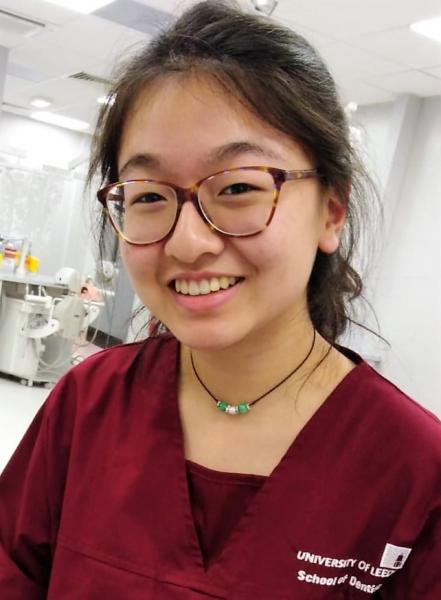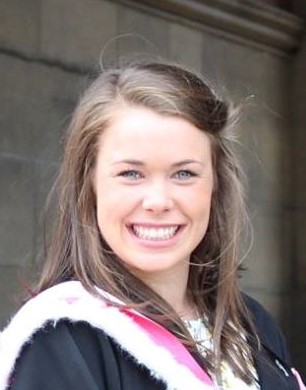Both in the fourth year of the BDS at the University of Plymouth, Dilan Patel and Alan Al-Zahawi share their advice on effective teamwork during clinics.
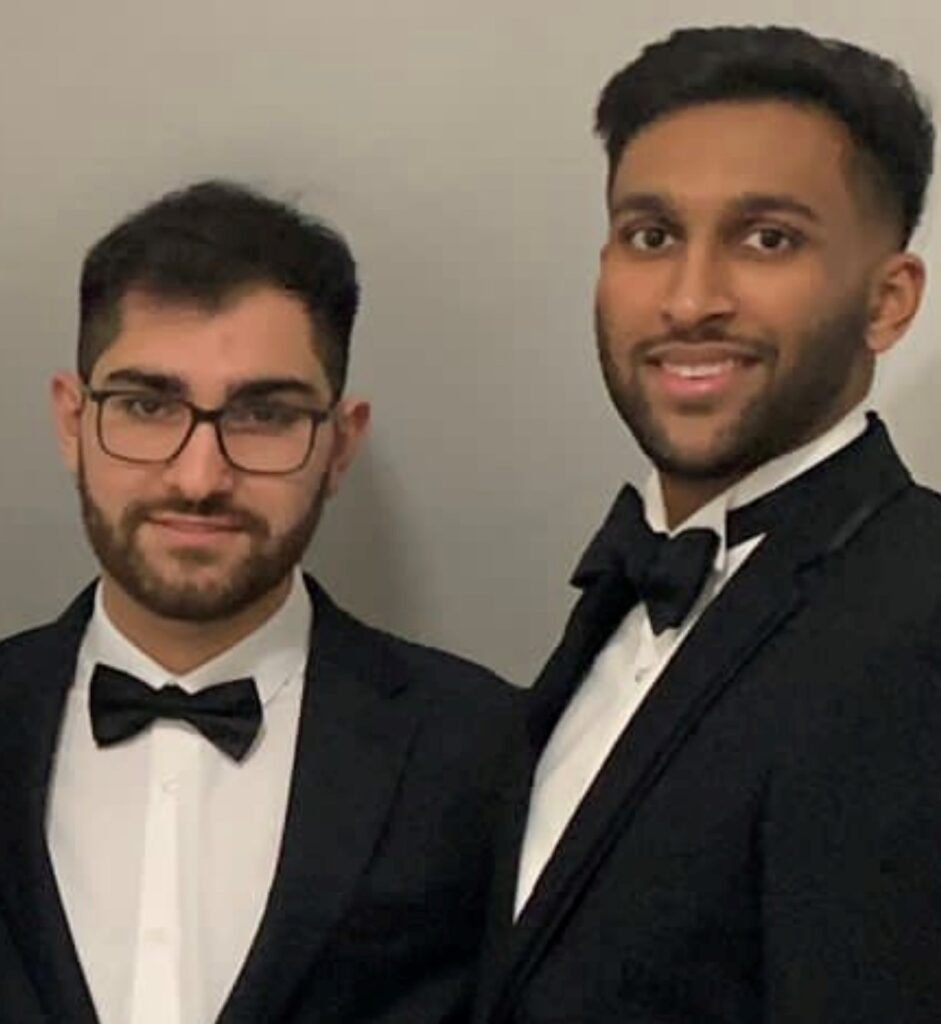
A guide to effective teamwork in clinics
What is the importance of working as an effective team?
The importance of effective teamwork is not limited to qualified dental practitioners. As students it is important to remember that we have a duty of care towards our patients and without an effective team, we may jeopardise the quality of treatment that we provide. Successful teamwork enhances patient care, safety, satisfaction, promotes efficiency, and allows dentists to provide comprehensive services while adhering to professional standards and regulations.
Steps to take in clinic to ensure effective teamwork
- Plan. At the beginning of the day, have a 5 minute brief with your partner outlining the day ahead. This will give you a good opportunity to plan for each appointment, prepare your station, and familiarise yourself with each other’s patients. This will greatly aid your time management and therefore ensure a more efficient use of the limited time you have with your patients.
- Mistakes get made. Your partner may be late, may forget certain instruments or be a bit slow with assisting during the appointment, but you must remember that they are not a trained nurse and are learning at the same time as you. By setting unrealistic expectations you will hinder the efficacy of your team. Both you and your partner must take ownership of your mistakes, learn from them and support each other to ensure they do not happen again.
- Maintain confidence. Your partner may be struggling or having difficulties with the treatment they are providing for the patient. It is imperative that you do not undermine them or say something that could affect the patient’s confidence in their abilities. If you feel like there is something important they have missed, then it would be better to have the discussion in a discrete manner or in private.
- Be encouraging. At dental school we are often faced with procedures that are new to us which can sometimes be nerve-wracking. Encouraging your partner and keeping their morale high can be of great help in boosting their confidence and keeping a positive mindset going in to the appointment. A confident and motivated clinical partner is more likely to provide high-quality patient care. This, in turn, leads to increased patient satisfaction and engagement.
- Reflect. At the end of the day it can be extremely valuable to have a debrief regarding the positives and negatives of the day. This is a good time to reflect on what went well and what can be improved upon in the future. Reflection is a powerful tool which when done regularly can help you develop your skills, improve your patient care and maintain a high standard of practice. This is achieved through identifying weaknesses and setting SMART goals.
Conclusion
The steps outlined above are not exclusive to dental school. They are transferrable to practice and even to every day life. Dentistry is an ever-changing field of study which inevitably comes with its many challenges. Effective teamwork guided by the principles of planning, support, confidence, encouragement and reflection, can be pivotal in ensuring the well-being of our patients and our success as current students and future dental practitioners.
Author bio
Dilan Patel
“I am currently in my fourth year at Peninsula Dental School. Since we began seeing patients in our first year I have had the opportunity to see a variety of cases and learnt a great deal throughout this time. I thoroughly enjoy seeing the patient satisfaction that can be achieved through treatment and have developed a great interest in Oral Surgery and Regenerative Dentistry which I would like to pursue in the future.
“Outside of dental school I spend my time travelling, playing golf and playing the saxophone which helps me find a balance between university and my own time.”

Alan Al-Zahawi
“I am currently in my fourth year at Peninsula Dental School based in Plymouth and the southwest region. In fourth year, we all live in Truro (the only city in Cornwall), where we see patients three times a week at a dental educational facility based at The Royal Cornwall Hospital. I have really enjoyed the increase in clinical time this year, especially the higher volume of prosthodontic work we are carrying out.
“My hobbies outside of dental school include exploring the beaches around Cornwall and playing golf if the weather permits.”


